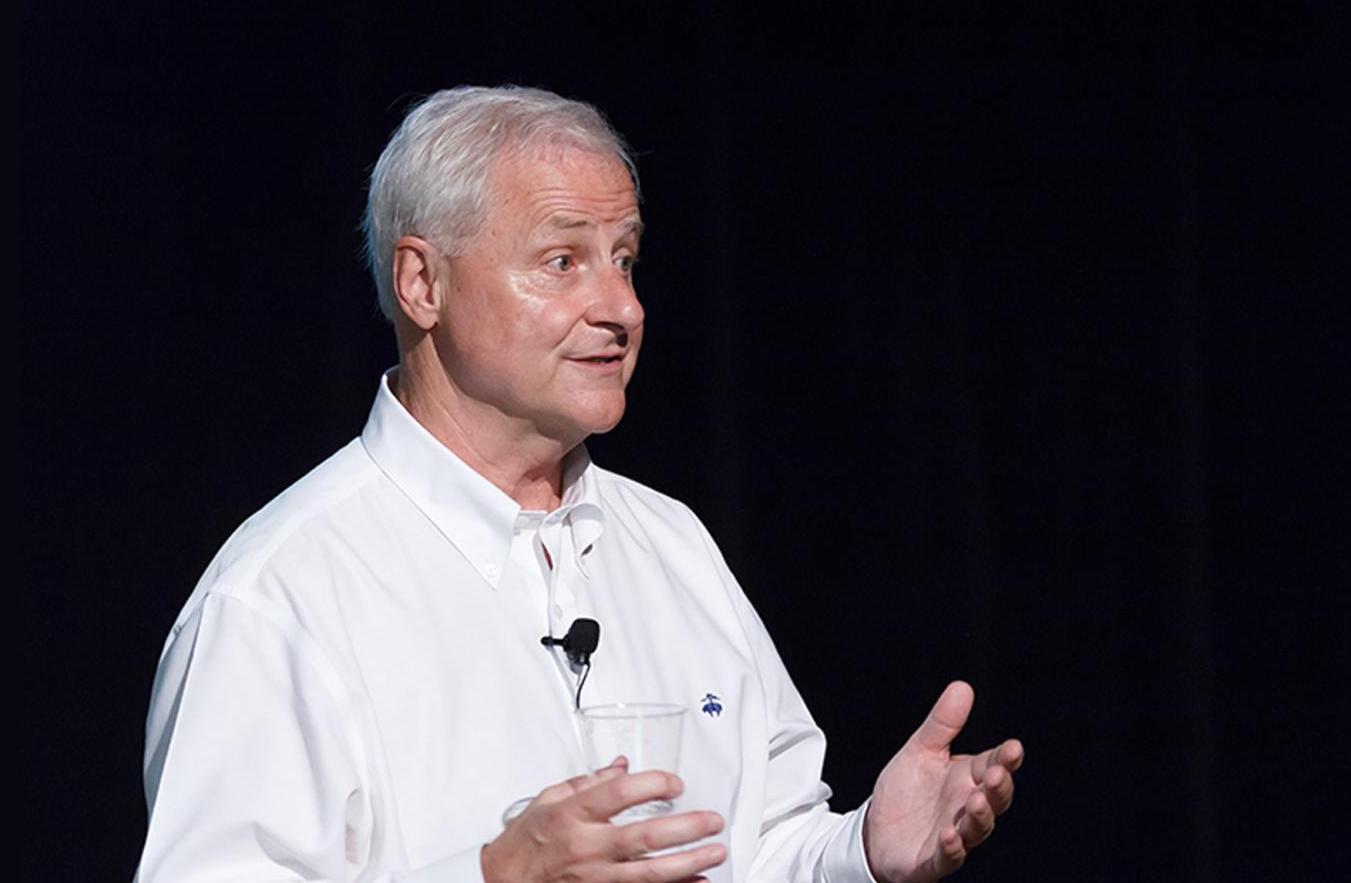Rick Antonson has traveled on trains in thirty-five countries and is co-author of a book of railway stories, Whistle Posts West: Railway Tales From British Columbia, Alberta, and Yukon. Rick is the former president and CEO of Tourism Vancouver, and served as chair of the board for Destinations International, based in Washington, D.C., and vice chairman of the Pacific Asia Travel Association, based in Bangkok. His newest book, Train Beyond the Mountains, is his fifth travel narrative.
How did you get started traveling?
As a kid, I camped a lot and hiked wilderness trails and grew up thinking it was wonderful to be elsewhere, and home was a comfortable place for stories about what one did elsewhere.
How did you get started writing?
One evening in university days (before I dropped out) a few of us were telling ghost stories and one was about a lost gold mine near Pitt Lake, British Columbia and the details were sketchy but scary — and in the following months my older brother Brian, a friend Mary, and I started researching what became our book In Search of a Legend; Slumach’s Gold, and that was in 1972.
What do you consider your first “break” as a writer?
Working in sales for a graphic arts studio (I’m not an artist; I can’t connect two dots) I shared my office with a client who oversaw production of the 250,000 copy T.V. Weekly distributed through Safeway stores — and one day he hung up the phone angry, saying “I’m one hour from deadline and that guy can’t deliver his 500 word article.” I said, “I’ll write something for you…” And he took a quick story about local history from me and ran it, and asked if I’d write another piece for the following week.
As a traveler and fact/story gatherer, what is your biggest challenge on the road?
With each of my five travel books, I’ve become more mature in my note taking, which is an important growth in professionalism from my earlier cavalier approach. However, key to gathering incidents and anecdotes is that the best travel stories hide in the shadows and a writer needs to be game to go there, take the risks, eavesdrop on gossip, court dangerous footings — all in the quest for intriguing tales others will miss.
What is your biggest challenge in the research and writing process?
I alway ask myself two questions then writing a piece: “Is this story important to tell?” “Is it well-told?” These lead me to deeper research, to find arcane facts or twists of truth or a slant on storytelling that is unexpected— all while keeping the reader’s interest in mind, and hoping to surprise them with my account.
What is your biggest challenge from a business standpoint?
Well, the arithmetic of being a writer is not favorable when one considers the cost of encounters versus the revenue of royalties — at least not for most of us, so admitting that reality while happily succumbing to travel writing’s emotional thrills is sobering.
Have you ever done other work to make ends meet?
For my career I was either in book publishing (on the publishing side of the desk) or in tourism (destination marketing), and for decades they were the bill-payers while I brokered some time for writing — and more recently my wife and I contrived to put in place a way for me to focus five years writing full time (thank you Janice) and that was 8 years ago…
What travel authors or books might you recommend and/or have influenced you?
Bruce Chatwin’s In Patagonia is the signature book I’d say informed and motivated me as a writer. However, I try to read fiction when I’m writing non-fiction, and read non-fiction when I’m writing fiction, all to avoid undue influences.
What advice and/or warnings would you give to someone who is considering going into travel writing?
From a business point: my dad gave me solid advice: “Never give a book to anyone you hope is going to buy it.” (So I never “gave” him a book…)
From a writing perspective, I like Natalie Goldberg’s guidance, “writing down the bones,” which is to say, write, write, write…get it down, then edit your way out of the mess.
From a storytelling vantage: Take the reader with you, let them hover over your shoulder, slip into your backpack, sit across the table from you…that way you’ll always be true to them…
What is the biggest reward of life as a travel writer?
Getting to spend time elsewhere is a gift, whether you’re a ten year old hiker as I was, or a 70 year old as I am, and having listeners/readers when you are telling the story of one’s encounters elsewhere is the best of rewards.

